
What Makes Sparkling Water So Popular?
-
Healthier Alternative to Soda: With no added sugars or artificial sweeteners, sparkling water is a healthier choice compared to sugary sodas.
-
Hydration with a Twist: If you find plain water too boring, sparkling water offers the same hydration benefits but with a refreshing fizz.
-
Low-Calorie Option: Most sparkling waters are calorie-free, making them a great option for anyone watching their calorie intake.
-
Variety of Flavors: Sparkling water can be found in a wide range of flavors, both natural and artificially flavored, catering to a variety of tastes.
-
Eco-Friendly: Many sparkling water brands use recyclable bottles, helping reduce plastic waste compared to bottled sodas.
Types of Sparkling Water: Which One is Right for You?
-
Carbonated Water (Plain Sparkling Water)
-
Description: This is the classic sparkling water, carbonated with CO2 to give it a bubbly texture. It contains no added flavors, sugars, or minerals. Popular brands include Perrier, San Pellegrino, and La Croix.
-
Best For: People who enjoy the classic fizzy sensation and prefer a neutral taste.
-
Flavored Sparkling Water
-
Description: Flavored sparkling water is carbonated water with natural or artificial flavors added. These flavors can range from fruit-based (lime, berry, lemon) to more exotic options like cucumber or hibiscus. It’s a great alternative for those who want more flavor without added sugars.
-
Best For: People looking for a taste without the calories or artificial sweeteners of soda.
-
Mineral Sparkling Water
-
Description: Mineral sparkling water is naturally carbonated from a mineral spring, which means it contains added minerals like calcium, magnesium, and sodium. The mineral content can vary depending on the brand and source, giving it a unique taste profile.
-
Best For: Those who prefer a more complex flavor profile and the health benefits of minerals.
-
Tonic Water
-
Description: Tonic water is sparkling water with added quinine, a bitter compound that gives it a distinct taste. It is often used in cocktails, like gin and tonic, and usually contains some sugar, though low-sugar versions are available.
-
Best For: Cocktail enthusiasts who want a bubbly mixer, or anyone who enjoys a more bitter taste.
Top Sparkling Water Brands: A Comparison
-
Perrier
-
Taste: Crisp and refreshing with a clean, neutral taste.
-
Carbonation: Strong carbonation that lasts.
-
Pros: High-quality, naturally carbonated water with no added sugars or artificial flavors.
-
Cons: Some people find it a bit too fizzy.
-
San Pellegrino
-
Taste: Slightly mineral, with a balanced flavor profile.
-
Carbonation: Medium carbonation, making it less intense than Perrier.
-
Pros: High mineral content adds a refreshing depth of flavor.
-
Cons: Some might find the mineral taste too strong.

-
La Croix
-
Taste: Available in a wide range of fruit flavors, such as lime, berry, and peach.
-
Carbonation: Light carbonation, making it smoother than some other brands.
-
Pros: Naturally flavored with no calories or sweeteners. A huge variety of flavors to choose from.
-
Cons: Some flavors may taste artificial to some people.
-
Bubly
-
Taste: Clean, crisp, and available in a variety of bold fruit flavors.
-
Carbonation: Medium carbonation for a balanced fizz.
-
Pros: Contains no artificial sweeteners or sodium. Affordable and available in many grocery stores.
-
Cons: Some people might find the flavor options limited.
-
Spindrift
-
Taste: A unique, refreshing option with real fruit juice added to the sparkling water.
-
Carbonation: Moderate carbonation, less fizzy than others.
-
Pros: Contains real fruit juice, giving it a richer flavor profile.
-
Cons: Slightly higher in calories than other sparkling waters.
How to Choose the Best Sparkling Water for You
-
Taste Preferences: Do you like neutral flavors, or do you prefer fruity, natural, or mineral-rich tastes? Consider your flavor profile.
-
Carbonation Level: Some people prefer highly carbonated water, while others like a gentler fizz. Try different brands to find your preferred level of effervescence.
-
Health Considerations: If you're looking to avoid added sugars, opt for naturally flavored sparkling water or plain carbonated water. Mineral water offers added health benefits, such as calcium and magnesium.
-
Budget: The price of sparkling water can vary. If you drink it regularly, consider a more affordable option like La Croix or Bubly, or invest in a soda maker for long-term savings.
-
Occasions: Think about when and where you'll be drinking your sparkling water. For casual hydration, choose something simple and budget-friendly. For special occasions or cocktails, a high-quality option like San Pellegrino may be the best choice.

Conclusion: Which Sparkling Water is Best for You?
FAQ:
1.Is sparkling water healthy? Yes, sparkling water is a healthy beverage as long as it contains no added sugars or artificial sweeteners. It’s a great alternative to sugary sodas.
2.What’s the difference between sparkling water and tonic water? Tonic water is a type of sparkling water that contains added quinine, giving it a bitter taste. It’s often used in cocktails, while sparkling water is generally unflavored and used as a refreshing drink on its own.
3.How do I carbonate water at home? You can use a soda maker, a CO2 tank, or even a DIY method like using baking soda and vinegar. A soda maker is the easiest way to carbonate water at home.
4.Can sparkling water cause bloating? In some cases, the carbonation in sparkling water can cause bloating, especially if consumed in large amounts. If you’re sensitive to carbonated drinks, try limiting your intake.
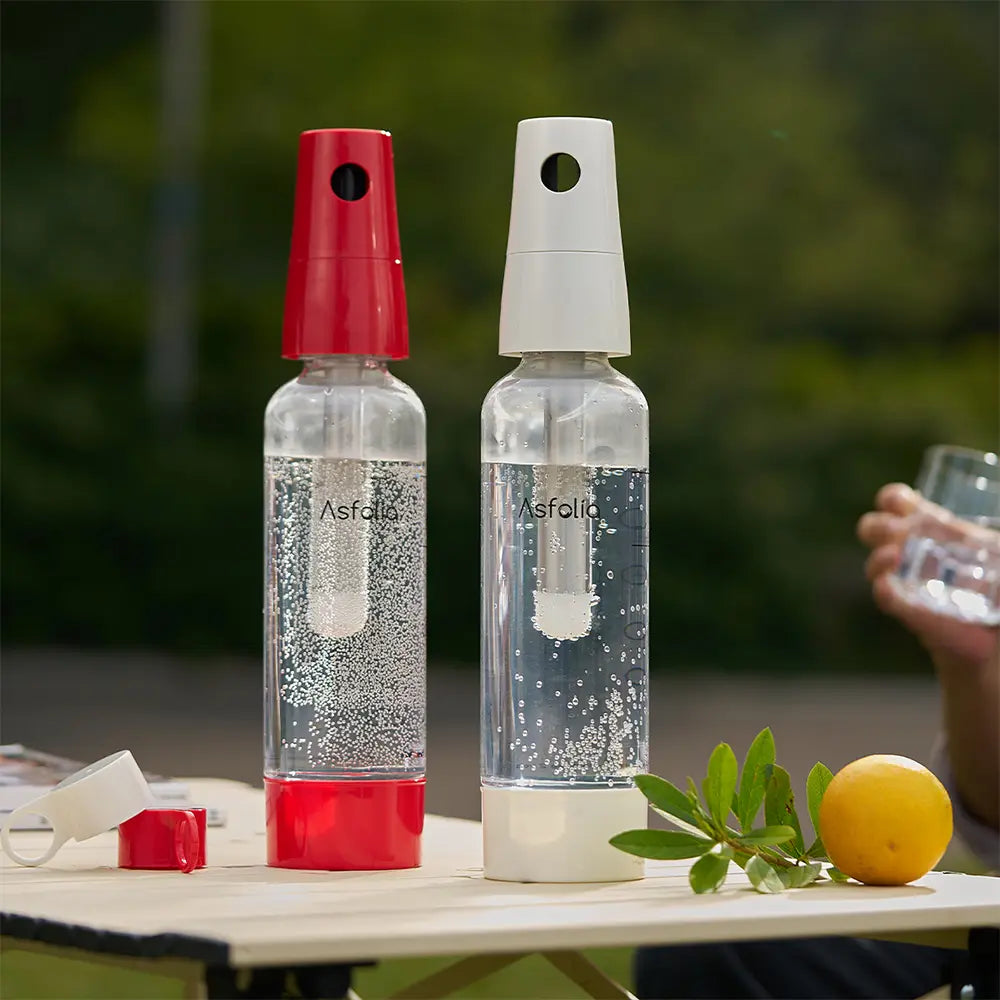
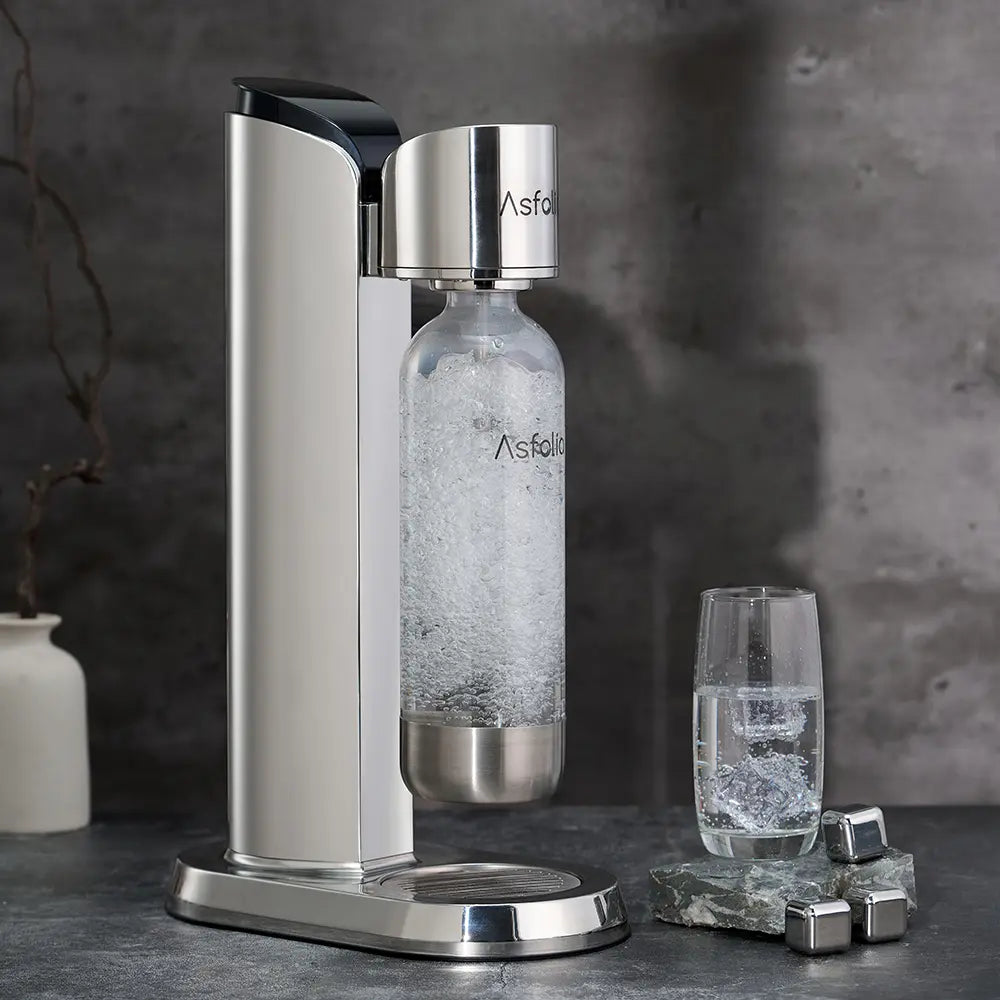
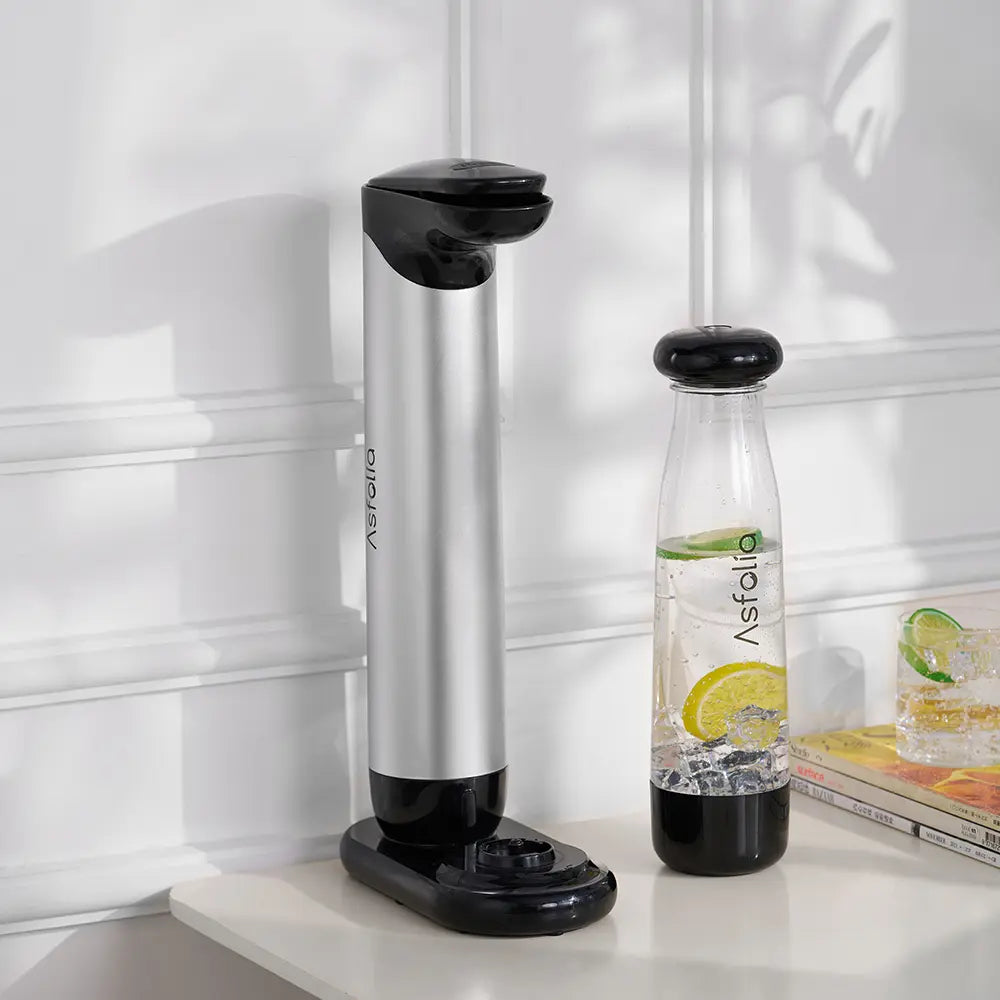
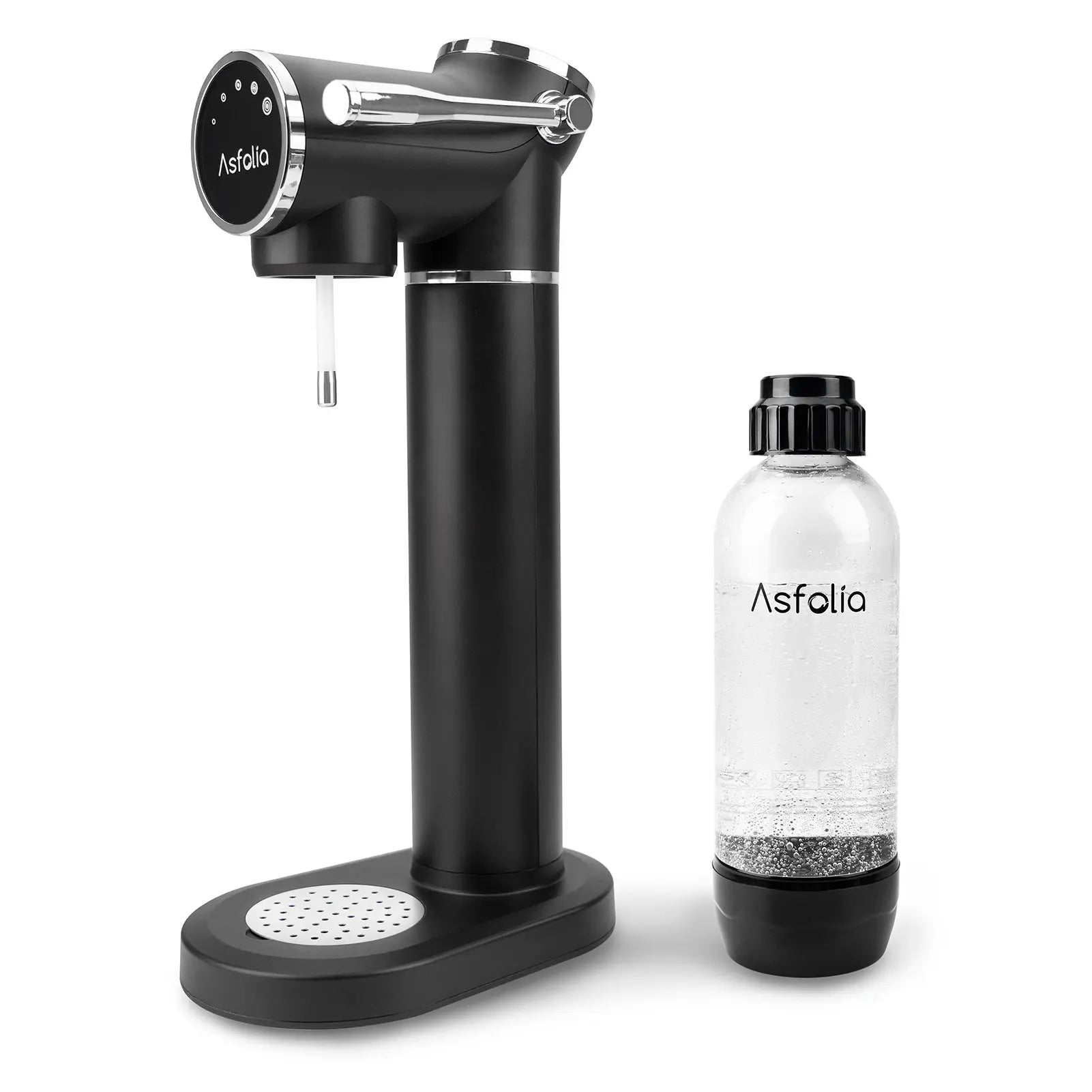

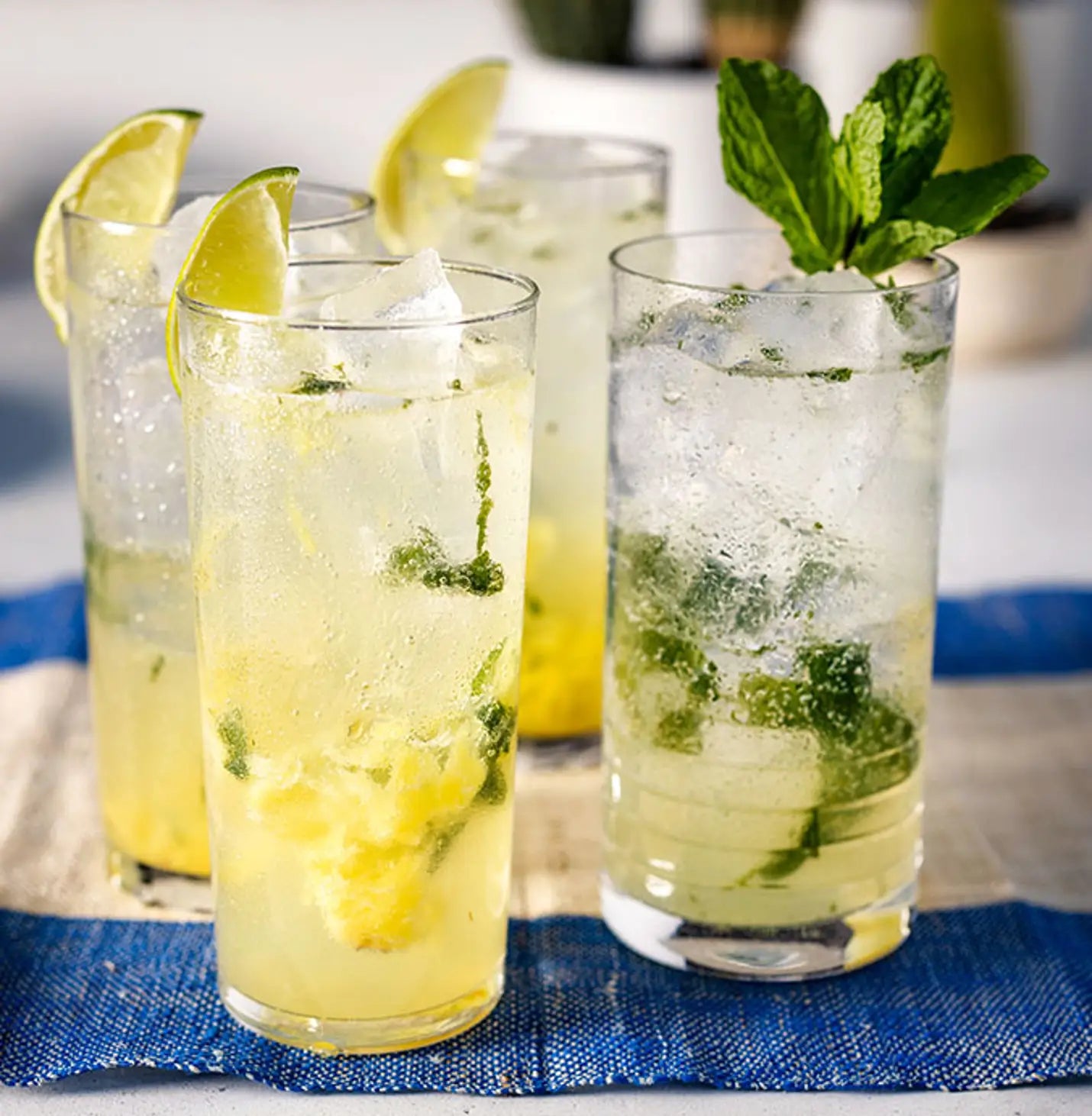
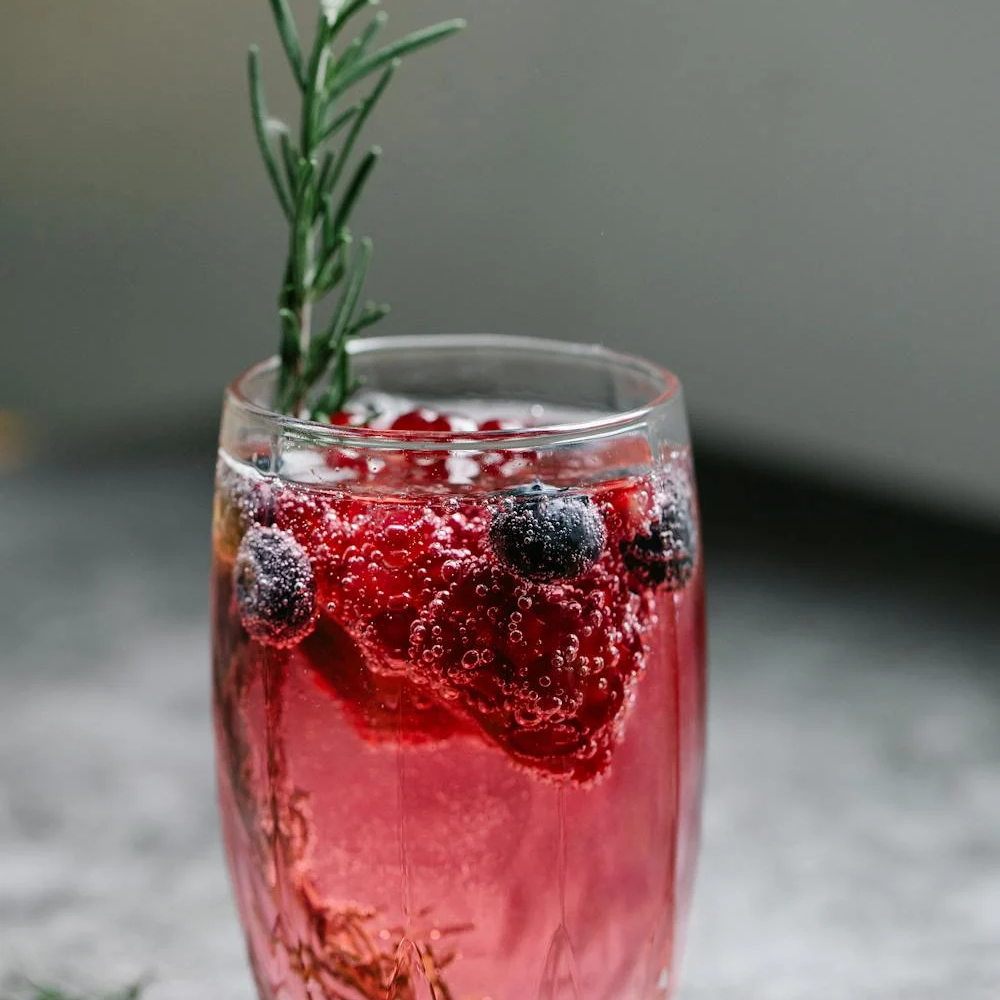

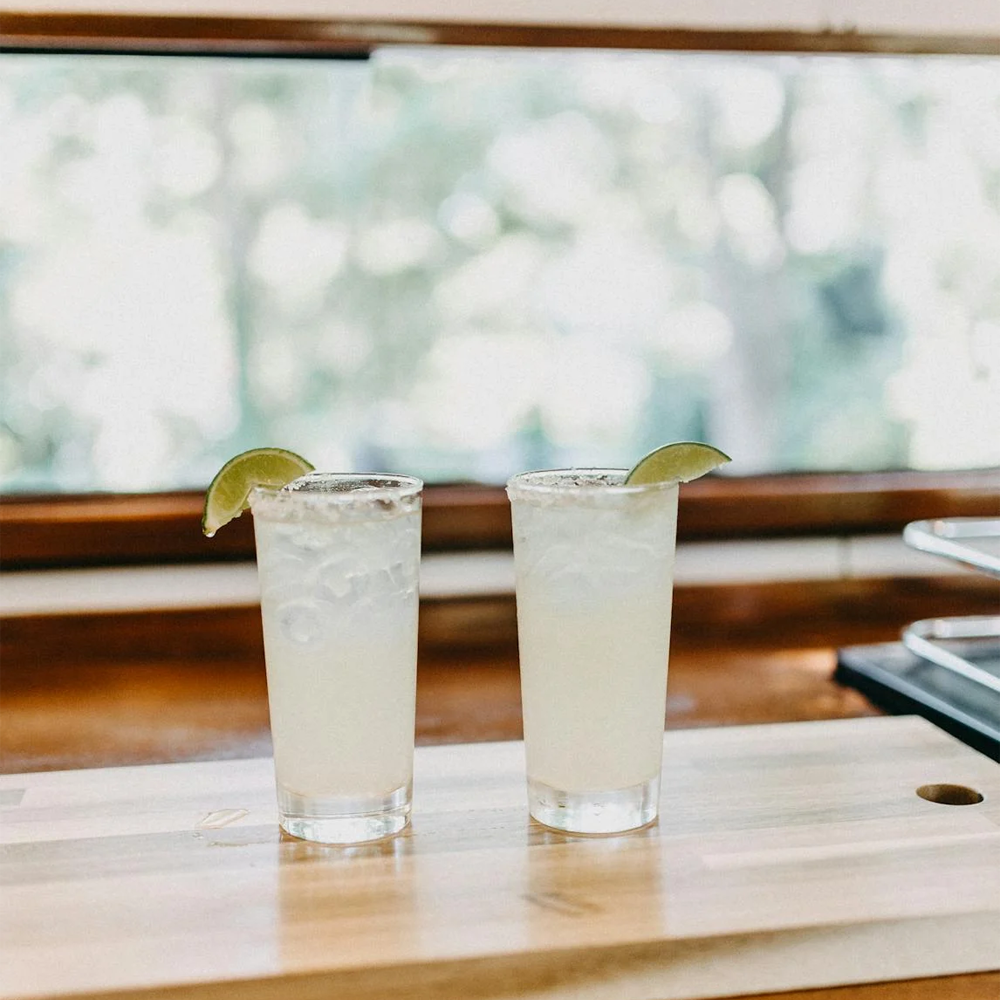







Leave a comment
This site is protected by hCaptcha and the hCaptcha Privacy Policy and Terms of Service apply.